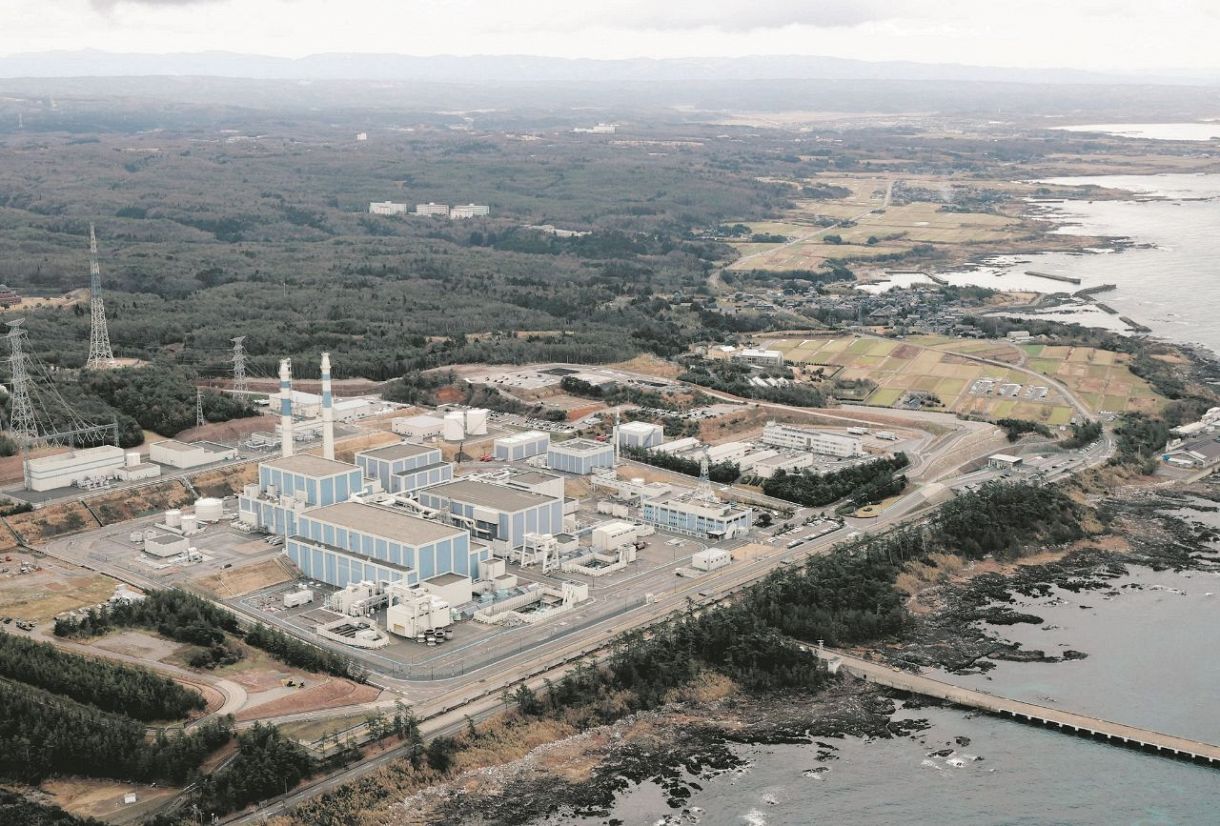BP, one of the largest oil companies in the world, has announced its plans to boost shareholder returns despite a significant drop in profits. The company reported an underlying replacement cost profit of $13.8 billion for 2023, a steep decline from the previous year’s record of $27.7 billion. This decrease in profits can be attributed to lower oil prices.
Despite the challenging financial situation, BP is increasing the pace of its share repurchases. The company plans to execute a $1.75 billion share buyback prior to reporting its first-quarter results. Additionally, BP is committed to announcing a $3.5 billion share buyback for the first half of the year. This move demonstrates the company’s dedication to providing value to its shareholders.
Furthermore, BP has announced a dividend per ordinary share of 7.27 cents for the final three months of 2023, marking a 10% increase compared to the same period in the previous year. This decision reflects BP’s confidence in its strategy and its commitment to delivering long-term value for its shareholders.
BP’s fourth-quarter net profit of nearly $3 billion surpassed analyst expectations of $2.6 billion. This positive outcome indicates that despite the challenging market conditions, BP has managed to maintain strong operational performance.
BP CEO Murray Auchincloss expressed his satisfaction with the company’s performance, stating, “Looking back, 2023 was a year of strong operational performance with real momentum in delivery right across the business.” Auchincloss also emphasized BP’s commitment to becoming a simpler, more focused, and higher-value company.
While BP’s London-listed stock has experienced a decline of approximately 2.6% year-to-date, British rival Shell reported stronger-than-anticipated full-year profits. Shell announced a 4% increase in its dividend and a fresh $3.5 billion share buyback program.
BP’s latest results come at a time when the company is facing pressure from activist investor Bluebell Capital Partners. In a letter to BP’s Chair and CEO, Bluebell Capital urged the company to increase its oil and gas investments and reduce spending on clean energy. The investor expressed frustration with BP’s underwhelming share price performance compared to its peers.
In response to the letter, a spokesperson for BP stated that the company welcomes constructive engagement with its shareholders. This indicates BP’s willingness to consider different perspectives and adapt its strategy accordingly.
BP has also recently undergone a leadership change, with Murray Auchincloss being appointed as permanent CEO. Auchincloss took over from Bernard Looney, who resigned after less than four years on the job. Under Looney’s leadership, BP made ambitious climate commitments, aiming for a 35% to 40% reduction in emissions by the end of the decade. However, the company revised these plans last year, targeting a 20% to 30% cut instead. BP recognized the need to continue investing in oil and gas to meet demand.
Overall, BP’s announcement of plans to boost shareholder returns despite a drop in profits demonstrates the company’s determination to navigate challenging market conditions and deliver value to its investors. With a new CEO at the helm and a commitment to long-term growth, BP remains focused on its strategy of becoming a more valuable and sustainable company.
